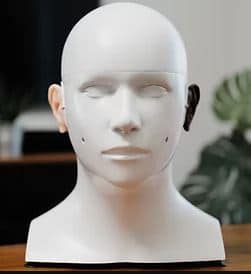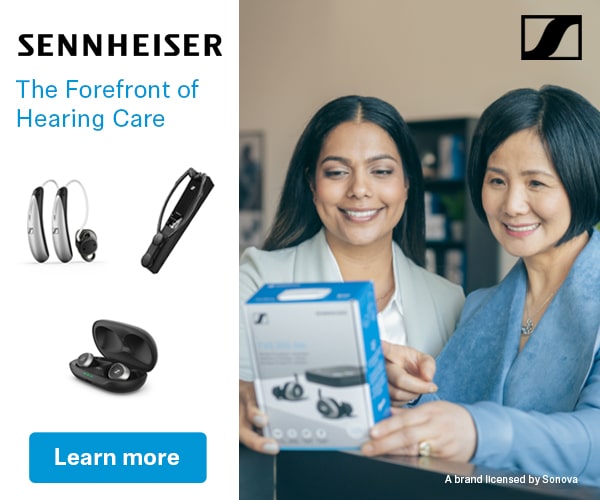Jul. 01, 2014
Today’s blog is written by Krystyann Krywko, who is a hearing loss educator and writer who provides resources and support for families who are raising children who are deaf or hard of hearing. You can read more of her work at www.kidswithhearingloss.org; or click here to receive a copy of her free mini eBook, Five Emotional Sticking Points of Parenting a Child







